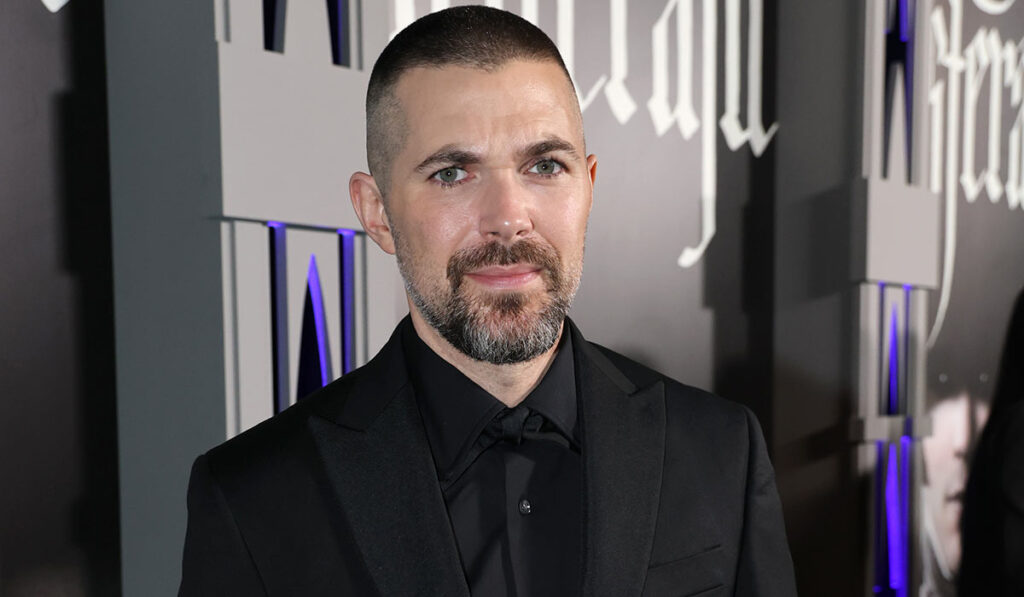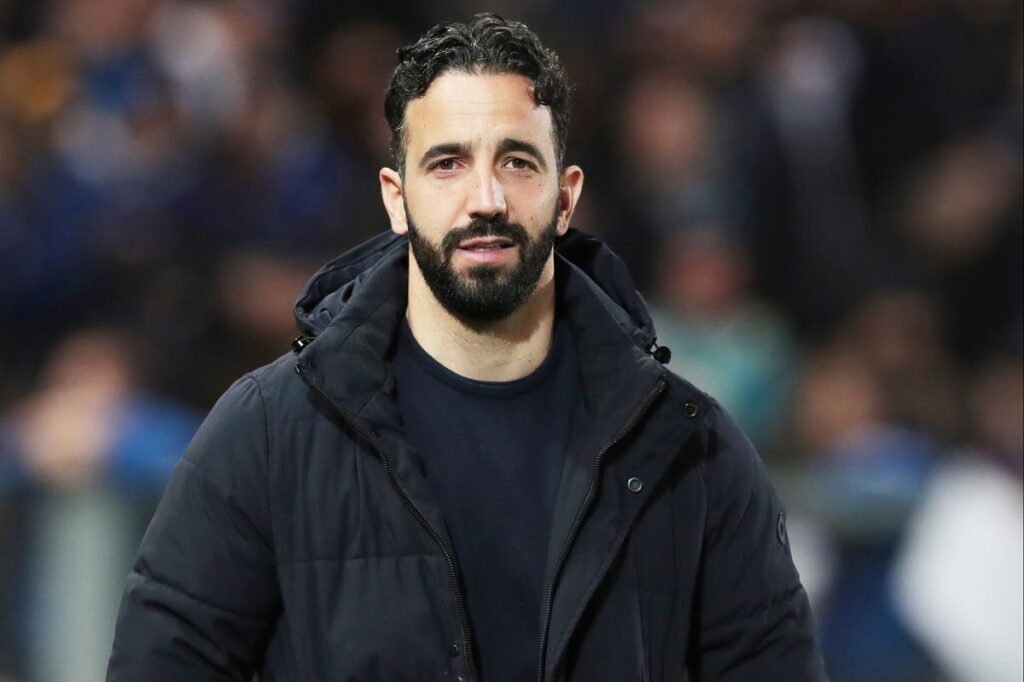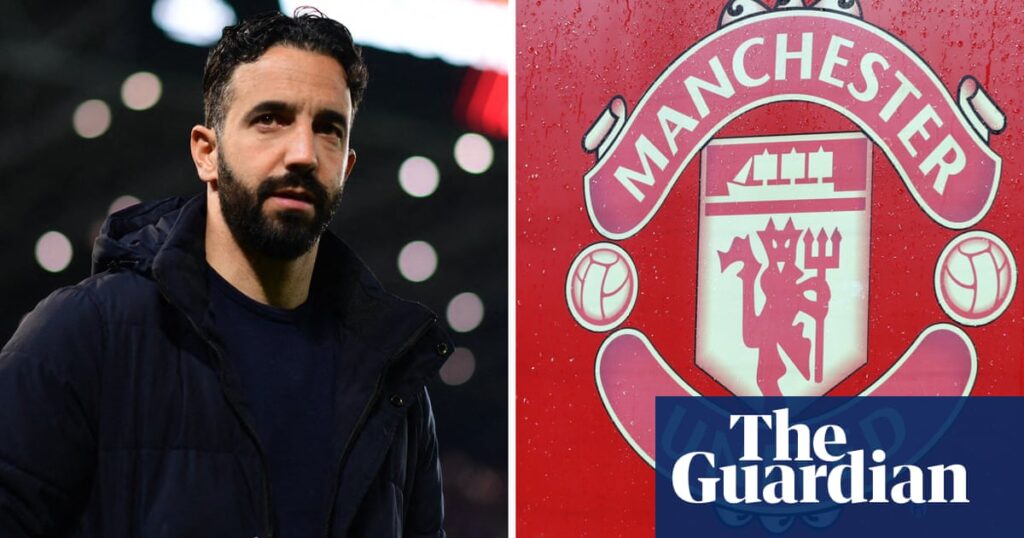In Robert Eggers‘ mind, “Nosferatu” would have hit the big screen before “The Lighthouse.” It would have shot before “The Northman.” In his dreams, it was his follow-up film to his art-house breakout “The Witch.” A decade later, it’s finally arriving in theaters, and to critical acclaim, no less.
READ MORE: “Nosferatu” Review: Robert Eggers’ spellbinding gothic horror is hauntingly masterful
“It’s exciting. I mean, obviously, because the movie fell apart several times over the past 10 years, I had to mourn it and move on a couple of times and come to terms with the fact that it probably would never happen,” Eggers says. “So when it finally did happen, it gives you a ton of energy, and in fact, I kind of went into this with the same kind of jaded enthusiasm as I did my first feature because it’s been something that I’ve been thinking about for so long.”
A direct adaptation of Henrik Galeen‘s script for director F.W. Munau’s original 1922 silent film classic, Eggers has enlisted an incredible creative team to help fashion his interpretation of the Dracula mythos. He’s also assisted by a stellar cast, including Lily-Rose Depp, Bill Skarsgård, Nicholas Hault, Emma Corrin, Willam Dafoe, and Aaron Taylor-Johnson, free from the mindless ab-highlighting of his last release.
During an interview earlier this month, Eggers reflected on the long road to get “Nosferatu” greenlit, why Depp was the perfect actress to portray Ellen, why he didn’t give it a second thought to Skarsgård as the Dracula in question, Count Orlock, why the spooky thriller is officially a Christmas movie beyond its release date, and much more.
____
You worked on this project for almost 10 years. Is it hard to have a project sort of bottled up for so long and then finally have get the go-ahead to let unleash it?
Robert Eggers: It’s a great feeling. It’s exciting. I mean, obviously, because the movie fell apart several times over the past 10 years, I had to mourn it and move on a couple of times and come to terms with the fact that it probably would never happen. So when it finally did happen, it gives you a ton of energy, and in fact, I kind of went into this with the same kind of jaded enthusiasm as I did my first feature because it’s been something that I’ve been thinking about for so long.
How different is what we see on the screen today from what your original vision was 10 years ago?
Not very different. When I finished the first draft nine and a half years ago, whatever it is, it hasn’t really changed much since then. It’s gotten a honed, but it hasn’t changed a hell of a lot.
Did you still refer to the storyboards or designs you originally conceived?
The lookbooks that I made for the costumes and, the costume department and, the art department, and overall mood boards of the entire film. Those came from the early version, and so did a digital painting that I did of Orlock and his look and his costume, which were, of course, further developed by David White, the prosthetics designer, and Linda Muir, the costume designer. But those kind of large Bible of the look of the film did sort of come from 10 years ago, and some of the shots jar and I have been thinking about for that long, but we designed most of the shots in my kitchen in Prague.
Now that the movie’s finished, do you have a favorite shot? Is there one image in the movie that you just adore?
I do like our sort of homage to the Todd Browning film with the carriage going up the mountainside and the castle. It’s a nice fairy tale image.
What about Lily made you want to cast her in this role?
I mean, I think when you see the film, there’s no question that she was the right person for the role. When I met her, I really liked her; and she really understood the character, and she had a lot of depth and a great kind of sensitivity. And then, when she did her audition, it was just as fierce and raw as the performance she gives in the film. But she’s also an incredibly hard worker. I mean, she wanted to work with the dialect coach for months and months ahead of her arriving to Prague because she wanted it to be a non-issue because she knew that she had so many other challenges with this role, and she worked incredibly hard with the choreographer to do all the bodywork. It’s all her. It’s not CG-enhanced. There’s no wire work. I mean, it’s a great performance.
I feel like another great performance that sort of has not gotten the love it deserves is Nicholas’s work as Thomas. He’s done great things in the past, but did he surprise you at all with the intensity of his performance?
No, I mean it needed to be there, and so it didn’t surprise me because it was what was needed to serve the story. But yeah, Nick does give a tremendous performance, and I mean, it’s just a lot of actors were concerned about being overshadowed by whoever played the vampire and whoever played Ellen and didn’t like the idea of playing the damsel in distress, which oftentimes Nicholas’s part is. But Nick was excited by the challenge of playing this role, he is a really good person and is trying to do the right thing, but he makes a lot of bad decisions and learns his lessons too late. And he does, he plays the role with such conviction. I find it very, very moving.
Bill has already played a major horror icon before. Did that give you pause at all before casting him?
I mean, I love Universal and Hammer horror movies and where Christopher Lee and Peter Cushing and Boris Karloff and Lago and before them in silent, Lon Cheney and Conrad Veidt, and there were actors who did these kinds of roles and do these kinds of roles well. So, no would be the answer. Also, this role is so different from Pennywise.
Oh, yeah. Of course.
Plus you can see Bill in Pennywise, but you can’t see Bill in Orlock.
Speaking of that it seemed as though you waited as long as possible to show the complete look of Orlock. He’s very shadowed, especially at the beginning. How much thought went into that in terms of how you wanted to reveal him to the audience?
Well, I think if you were a dead Transylvanian nobleman and looked like a putrid corpse, you probably, if you invited someone into your house and you didn’t want them to know that you were rotting and covered in maggots, you’d probably stay as far away from them as you could.
True. Considering the films you’ve made in your career so far, was this the most challenging? From a scale aspect was it more challenging than even “The Northman?”
It was more and less challenging. It was less challenging in the fact that the Northman was such a learning experience, and it was where I learned how to work on a film of this kind of scale, but obviously, you have to push yourself further as someone who’s doing creative work to get better. So there were things that were more difficult, but you’re always trying to stretch yourself and go beyond what you’re capable of otherwise, what’s the point?
You’ve now made these massive epic projects in a way that they feel epic in what’s on screen, is that the direction you want to keep moving on? Do you want to make something smaller?
It totally depends on what gets greenlit. It’s a weird, uncertain market, and I have a couple of scripts that are really big, and I have a couple scripts that are really small, but the small ones have different kinds of challenges that I’ve not explored before, even though there are certain themes and tropes that I clearly seem to be obsessed with.
I saw a quote where you said that you thought it was a lot of hubris for you right after “The Witch” to try to tackle this, but what about this material made you sort of excited about it?
I mean, it’s hard to say exactly why I’m so obsessed with “Nosferatu,” but it’s not enough to be obsessed with something and love something and be passionate about something. There does have to be a reason. And when I sort of thought that it might be much more interesting to make the central protagonist be the female protagonist, and that could potentially allow for the film to be more emotionally and psychologically complex, that excited me as a reason to actually make the film. Again.
I know you’ve seen the film no matter hundreds of times in the editing room, but have you sat through it a bunch of times with an audience yet? Have you seen how they’ve reacted to it?
Yeah, I was coerced into watching the film again at the Berlin premiere, and it was enjoyable to watch it with an audience.
Did their reaction at any point surprise you?
When we were doing the test screenings in Pasadena, one of the biggest laughs was Ralph Einstein playing Dr. Seavers, saying, “I’ll administer more ether” or something like that, trying to get Lily-Rose Depp’s character to stop moaning. That surprised me.
This is something of an unconventional Christmas release. When Focus pitched you this date, what was your initial reaction?
I was very excited because it seemed like great counter-programming and the film’s got a Christmas tree in it, in snow and a Christmas Carol. So, it’s a Christmas movie. Boom.
“Nosferatu” opens nationwide on Dec 25


